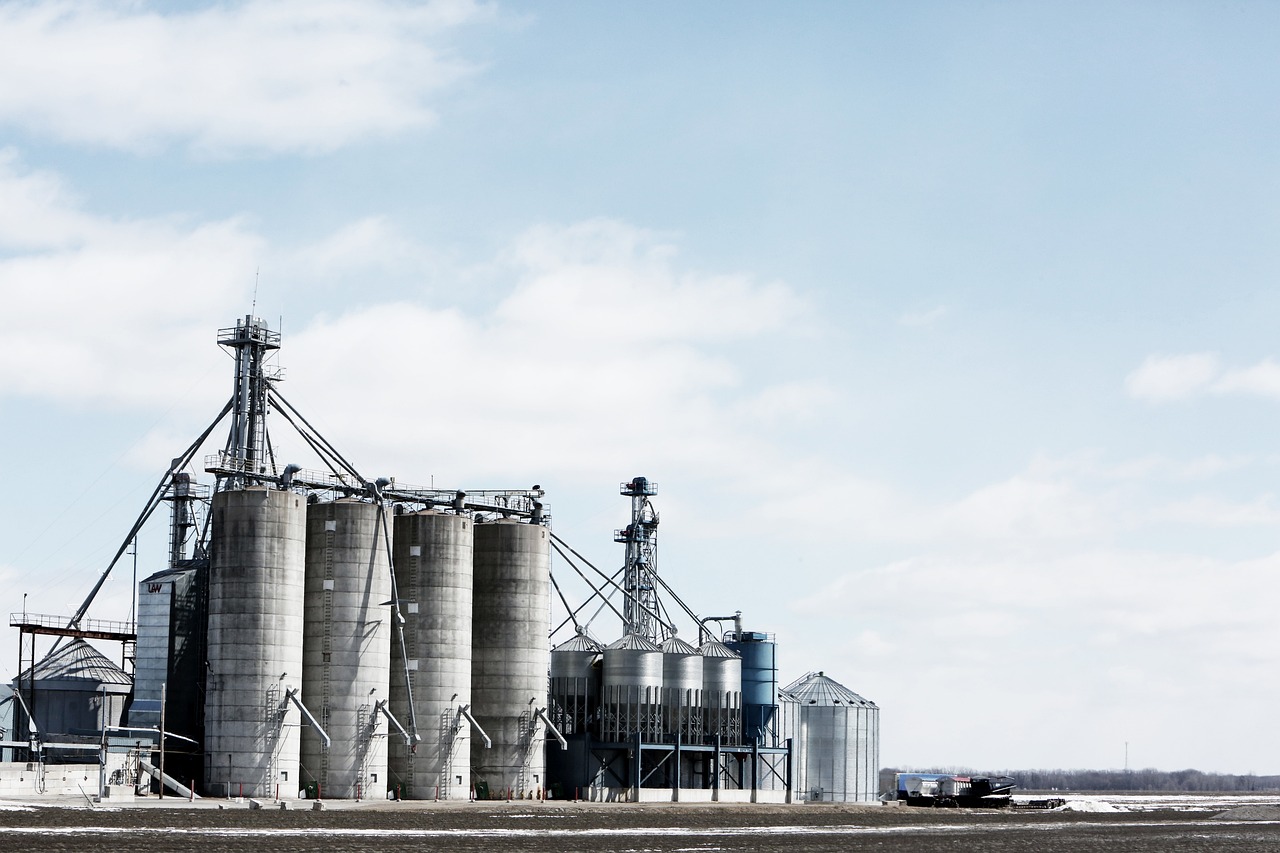News
Iranian Oil Minister: Hopes to Export Natural Gas Resources to Europe through Spain
Iran's Oil Minister said at a press conference on Monday (September 7) that Iran hopes to develop the EU's natural gas business by shipping liquefied natural gas to Spain.However, market analysts point out that Iran has not yet mastered the technology of freezing and compressing natural gas into liquefied natural gas for shipping and transportation. If it can introduce overseas investment and carry out appropriate technical cooperation after the sanctions are lifted, it will still take two years for Iran to truly start to master it. Liquefied natural gas transportation technology.
Iranian Oil Minister Bijan Zanganeh said after meeting with Spanish Energy Minister Jose Manuel Soria: "Negotiations between Iran and Spain on the liquefied natural gas project will continue." Iranian state media quoted Jose Manuel Soria's speech as saying: "Spain hopes to become Iran's natural gas A link for exports to Europe." However, Spanish officials have not yet confirmed this statement.
Market analysts said that Iran still has multiple obstacles to exporting liquefied natural gas to Spain. The most critical of which is that there are currently no effective gas pipelines between Spain and other European countries. This makes Iran’s natural gas resources want to be transported to other European countries through Spain. The country becomes difficult. Work on the gas pipelines in France and Spain has been stalled for years because the mountainous terrain makes construction too difficult, but there have been some recent signs of progress. Spain has the largest LNG import capacity in Europe.
Economic sanctions against Iran are expected to be lifted in 2016, but it will take several years before Iran can actually start exporting liquefied natural gas.
Energy Aspects consultancy analyst Moses Rahnama said: "First, Iran needs to introduce several overseas investment companies, and then it will need to wait about two years before it can really start exporting."
Market analysts pointed out that Iran has lost a large amount of its lucrative LNG business in Asia, so the country has to actively explore the European market to make up for the losses.
The EU also hopes to import natural gas resources from Iran to reduce its dependence on Russia, but the lack of infrastructure in Iran will significantly delay export plans.
At present, Iran's most feasible transmission route will be to transport natural gas to Europe through Turkey, because Turkey is an existing customer of Iran. However, the capacity of the gas pipeline from Tabriz, Iran to Ankara, Turkey is limited, which will limit the total export volume.
Iran is actively planning to build a gas pipeline connecting the South Pars natural gas field to European customers, called the "Persian Pipeline."

RELATED NEWS
- Global Leaders in Solar Power Generation will Gather in Milan
- Interview with Qi Dawei, General Manager of Qida New Energy
- International Oil Prices Rose on the 7th, Closing at US$99.09 per Barrel
- What are the Advantages of BANDON Inverter Air Source Heat Pump?
- EIA: U.S. Daily Oil Demand is Expected to Grow by 0.7% in 2010
